Exploring the experiences of both male clients and female sex workers, Chinas Commercial Sexscapes expands upon the complex dynamics of sex worker and client relationships and places these interactions within the wider implications of expanding globalization and capitalism.
The book is based in large part upon interviews with sex workers and their clients the author conducted while undercover as a bartender in Dongguan, an important industrial city in Guangdong province and an explicit, complicated, and multidimensional setting for study. In the wake of the financial crisis, the purchasing of sex by single, young-adult males has become an increasingly socially acceptable way for men to perform and experience heteronormative masculinity. Investigating human rights, social policy, and the criminal justice system in China, this book applies the concept of edgework to the commercial sex industry in Dongguan to study how men and women interact within the changing global economy.
EILEEN YUK-HA TSANG is an associate professor in the Department of Social and Behavioural Sciences at the City University of Hong Kong.
Chinas Commercial Sexscapes
Rethinking Intimacy, Masculinity, and Criminal Justice
EILEEN YUK-HA TSANG
UNIVERSITY OF TORONTO PRESS
Toronto Buffalo London
University of Toronto Press 2019
Toronto Buffalo London
utorontopress.com
Printed in Canada
ISBN 978-1-4875-0588-2 (cloth)
ISBN 978-1-4875-2399-2 (paper)
 Printed on acid-free, 100% post-consumer recycled paper with vegetable-based inks.
Printed on acid-free, 100% post-consumer recycled paper with vegetable-based inks.
Library and Archives Canada Cataloguing in Publication
Title: Chinas commercial sexscapes : rethinking intimacy, masculinity, and
criminal justice / Eileen Yuk-Ha Tsang.
Names: Tsang, Eileen Yuk-Ha, author.
Description: Includes bibliographical references and index.
Identifiers: Canadiana 20190115416 | ISBN 9781487523992 (paper) |
ISBN 9781487505882 (cloth)
Subjects: LCSH: Prostitution China. | LCSH: Sex workers China. |
LCSH: Sex-oriented businesses China. |
LCSH: Masculinity China. | LCSH: China Social policy.
Classification: LCC HQ250.A5 T73 2019 | DDC 306.740951dc23
University of Toronto Press acknowledges the financial assistance to its publishing program of the Canada Council for the Arts and the Ontario Arts Council, an agency of the Government of Ontario.

In memory of Robert Ernest Wilkinson (19252017)
Acknowledgments
This is a story of my research journey. And like all research, it begins with the researcher and the interviewees. A researchers interest in a certain phenomenon goes quite a long way in shaping the initial conception of what the research study is about. How that interest is framed necessarily reflects both the researchers particular vantage point and his or her concerns, destinations, and motivations. I embraced an exciting research journey, and I owe thanks to many people who helped bring this book to fruition. Thanks are due, first and foremost, to my interviewees, whose willingness to speak frankly and openly about their struggles was inspiring. Their recollections provided a remarkable source of insight into urban sexscapes. We began as strangers and are now friends. The interviewees in this book provided the wonderful and deeply precious insights into their lives which helped carry me forward as an ethnographer. Although some have left China and now live overseas or in Hong Kong, Im grateful that we continue to connect, share, and update each other through WeChat. Without their trust and help, this book would not have been possible. The exciting stories from my interviewees in the commercial sex industry keep my research journey ongoing and rocking.
A great debt also goes to my university classmates Henry, Kevin, and Ken for their friendship and help on this project. They made it possible for me to have access to a wide range of influential people across China. They went the extra mile to arrange transportation and accommodation for me and generally facilitated logistical matters during the course of my fieldwork. I will never forget how difficult it was to do the fieldwork in the three niche markets as well as among the streetwalkers. The police visited me many times, checking my travel documents and generally giving me a hard time. However, with the trust and support of Henry, Kevin, and Ken, I could gain access as an unpaid bartender to meet and talk candidly with those I sought. Thanks to their friendship and familiarity with both underground people and cadres, they made my fieldwork safer, smoother, and more promising than I ever expected. I owe them a great deal and am forever indebted to them.
I would also like to thank my husband, Jeff Wilkinson, who spent many hours in incisive conversation with me, listening to my ideas and suggesting how they might be presented more effectively. His no-nonsense approach to theoretical and practical research work continues to inspire. He has made countless sacrifices in his own life so that I could chase after my dream of writing this book. He had to get used to being without me weekends, holidays, and vacation breaks these past years. He has nourished me intellectually and emotionally and helped me to contemplate avenues of exploration that I would not otherwise have considered. I owe him for his support, comfort, laughter, and encouragement in the final throes of book writing. Finally, I am indebted to my parents for their support and forbearance. They had to get used to being without me for weekends, holiday, and vacation breaks as well.
This book also has a very special and important acknowledgment to my in-laws, Bob and Betty. With Bobs recent passing, I especially remember him. The first time I met Bob was in Melbourne, Florida, several years ago when Jeff and I drove over from Houston for Christmas. He greeted me at the door with a big smile and a loud Welcome to Florida and Merry Christmas! I came to learn he always wore a smile on his face. Perhaps that day he felt a little nervous about meeting this Chinese woman who seemed a strange mix of England, Hong Kong, and America yet did not fit entirely in any one culture. Still, my father-in-law was an amazing, irrepressible ball of light. He was energy and excitement. He was smart and resourceful, and he got things done. People who met him fell in love with him and his warm personality. He was a private person and delighted in being alone, working on genealogy or studying financial management. But wherever he went, he had a hail fellow well met demeanour. Whatever country he was in around fifty was the final count he bonded with the people there, because he respected them and cared about their well-being, and that care was reciprocated.
He was a person of superlatives. I love to cook and made garlic rolls for everyone to eat. Countless times I remember him saying, This is the BEST garlic roll I ever had. I didnt know how true it was. However, when I saw his satisfaction, I believed him. I could not understand why he did not like my king dishes like chili chicken, rose chicken, Chinese soup, seafood, Chinese pudding, and Korean rice cakes with kimchi; he only loved my garlic rolls or bread. He was interested in the chemistry of baking. Although our time together was short, it was precious, and my memory and respect grow each day. I am so lucky that I did not experience his explosive temper, only his enthusiasm, kindness, and hospitality. He lived his life that way. Anything I did for him was deeply appreciated. He went into a coma in early September 2017 as massive Hurricane Irma bore down on them along the Florida coast and passed away as it washed over them. I know he will be at peace in the other world without pain and struggles. Therefore, I end by saying that my father-in-law is missed, and he always was, and is, the BEST. This book is dedicated to him.



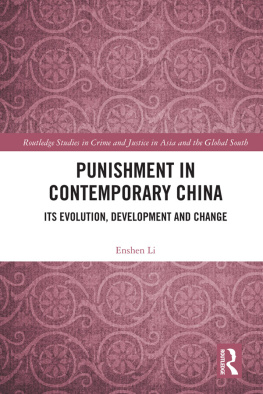
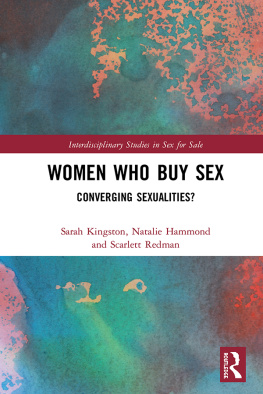
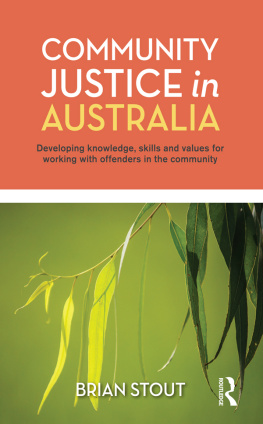
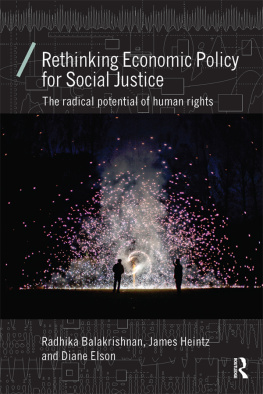
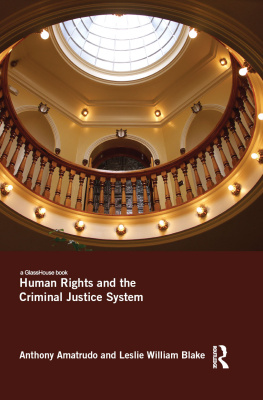
 Printed on acid-free, 100% post-consumer recycled paper with vegetable-based inks.
Printed on acid-free, 100% post-consumer recycled paper with vegetable-based inks.